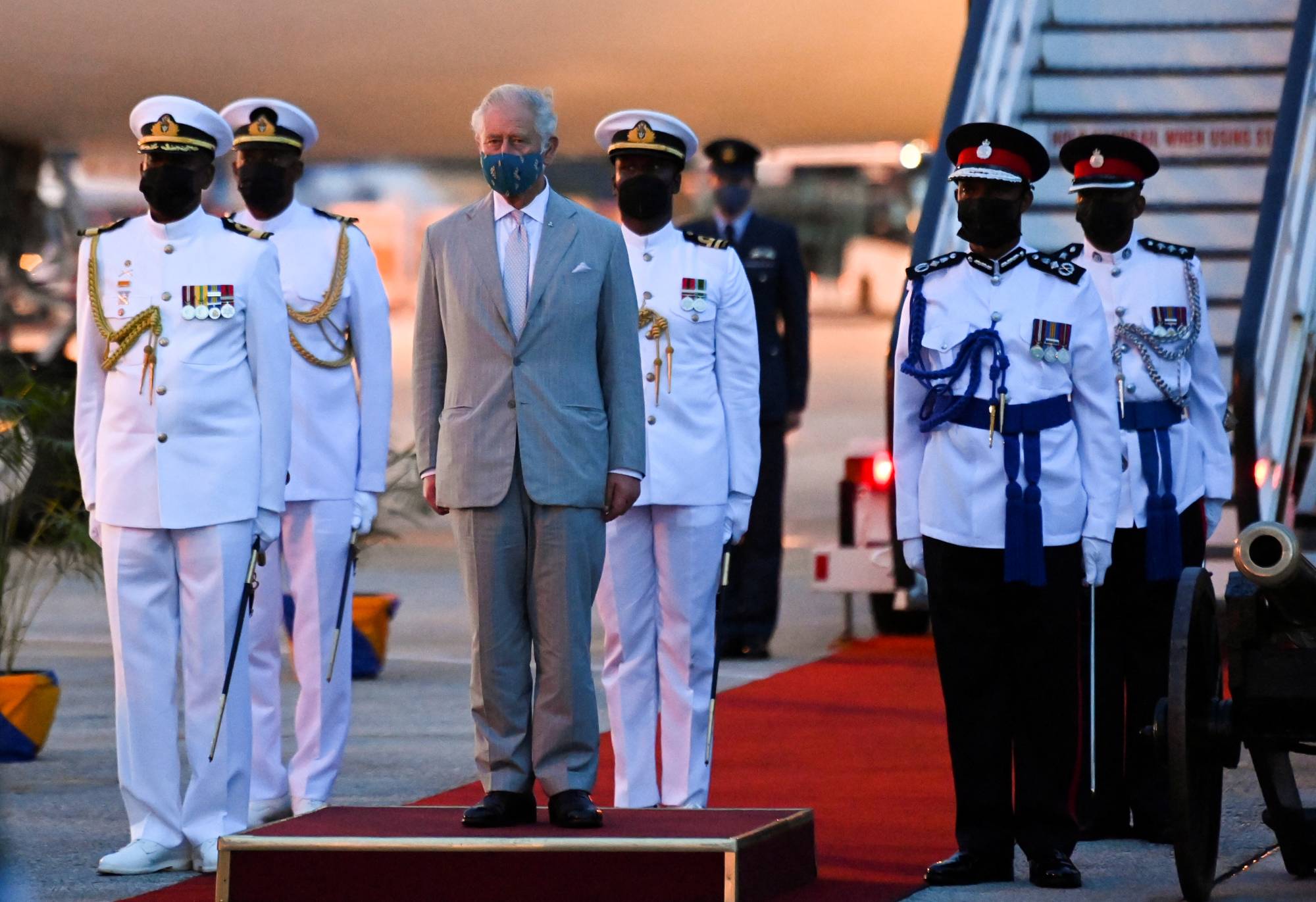It was widely expected yet it came as a great shock.
Only a week or so ago, Queen Elizabeth II, aged 96, who had reigned for 70 years (the longest in British history) had been shaking the hand of a new U.K. prime minister, Liz Truss, and saying farewell to the departing one, Boris Johnson, at her castle home, Balmoral, in Scotland.
Yet, within two days she was gone, leaving the nation in grief and scarcely able to absorb the suddenness of her ending.

















With your current subscription plan you can comment on stories. However, before writing your first comment, please create a display name in the Profile section of your subscriber account page.